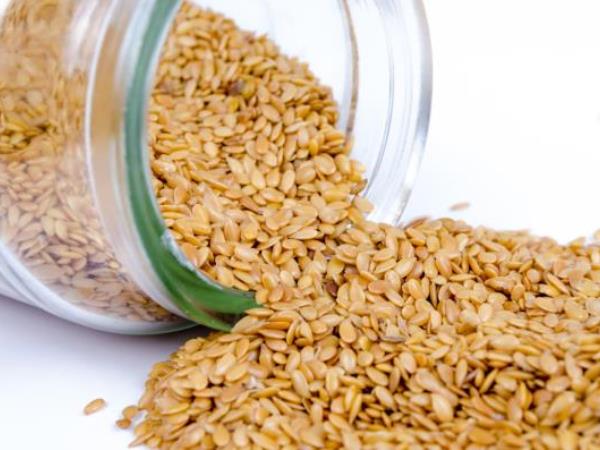Eating pastries made from white flour with sesame seeds on top doesn't necessarily mean you have done something particularly healthy, as white flour doesn't provide the body with many beneficial substances. However, if you also consume a larger quantity of sesame seeds, you can at least somewhat improve the nutritional value of your meal.
What does sesame contain?
Sesame seeds are packed with nutrients that are crucial for the body's proper functioning. They contain a lot of:
- Proteins: In 100 grams of sesame seeds, there are as much as 18 grams of proteins, making them an excellent plant-based protein source.
- Lignans and sesamolin: These are natural compounds that help lower total cholesterol levels in the blood and protect the heart.
- Calcium: Sesame is one of the best plant sources of calcium, as it contains approximately 975 mg per 100 grams.
- Magnesium: An important mineral that aids in the function of muscles and the nervous system.
- Zinc: Strengthens the immune system and is essential for healthy skin.
- Unsaturated fats: These healthy fats support the proper functioning of the heart and brain.
Sesame Against Cholesterol and Oxidative Stress
Research shows that lignans and sesamolin in sesame have a positive impact on heart and vascular health. Regular consumption of sesame seeds can help lower bad cholesterol (LDL) and raise good cholesterol (HDL) levels.
Additionally, sesame seeds contain powerful antioxidants that prevent oxidative stress in the body. This means they can reduce the damage caused by free radicals in the body - molecules that contribute to aging and various diseases.
Sesame and Immunity
Sesame is also rich in zinc, which plays a crucial role in the immune system. People who consume enough zinc are less likely to experience frequent infections and colds. 100 grams of sesame contains approximately 7 mg of zinc, which is almost 70% of an adult's daily requirement.
How to Include Sesame in Your Diet?
Sesame seeds can be easily incorporated into your daily diet:
- Sprinkle them on salads, soups, or stews.
- Add them to homemade bread, muffins, or cookies.
- Prepare tahini - sesame paste, which is the basis for hummus.
- Toasted sesame seeds can be added to rice or pasta dishes.
- Mix them into smoothies or yogurt.
Sesame seeds are not just a garnish for enhancing the appearance of dishes, but a true nutritional treasure that can be included in your daily diet. If you avoid white pastries but don't want to completely give up bread, try whole grain versions with sesame seeds - this way you will do more for your health.
Datum: 25. MAR 25 - GOOD TO KNOW
Sesame Seeds - A Small Treasure of Health
Sesame seeds are truly tiny, but they hold incredible power. They bring many beneficial substances...
(FW)
 Would you like to be informed about news on the website?
Would you like to be informed about news on the website?
Just enter your e-mail
Sesame Seeds Health Benefits
Nutritional Value of Sesame Seeds
Sesame Seeds and Heart Health
Zinc in Sesame Seeds
Incorporating Sesame Seeds in Diet
|
Copyright (c) Foodwhisper.com March 2018 |
π | Contact: info@foodwhisper.com |
About us | Facebook |  |









